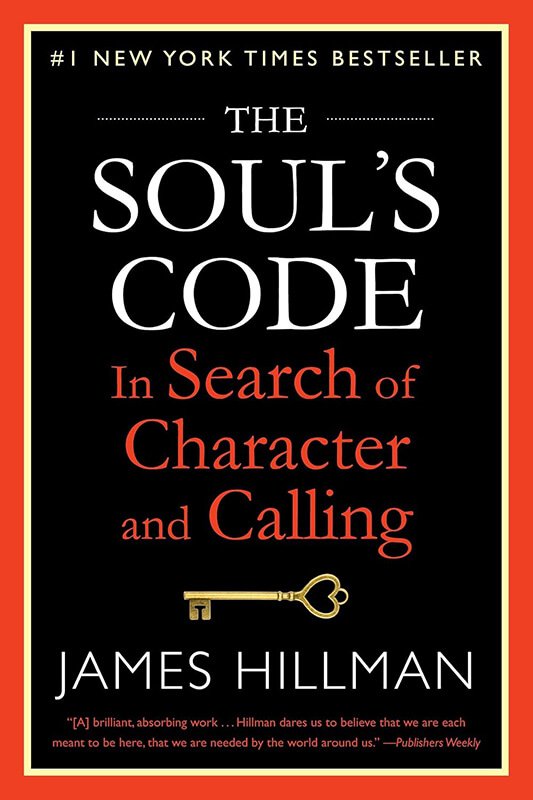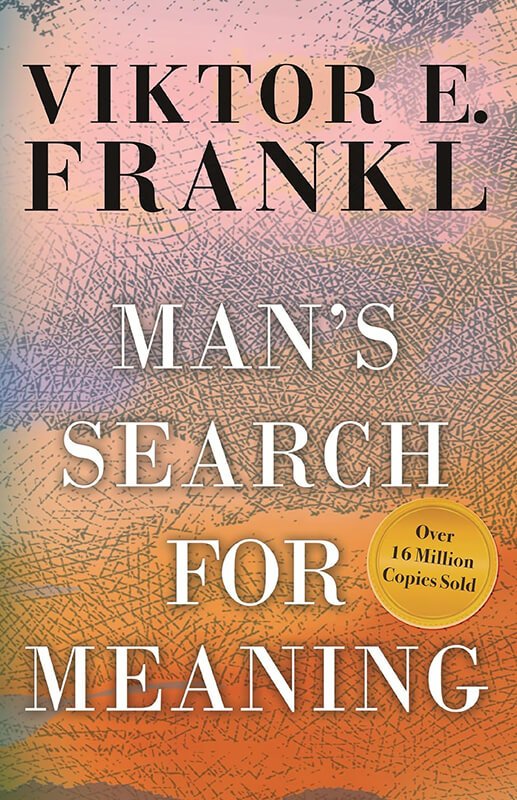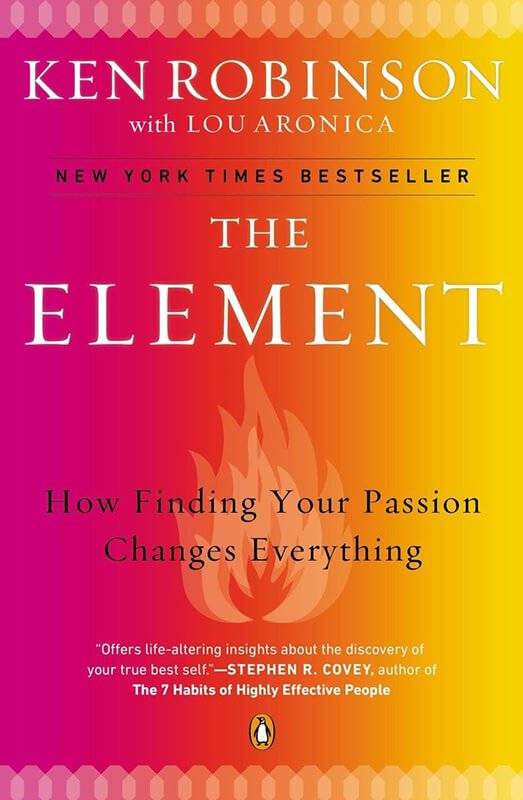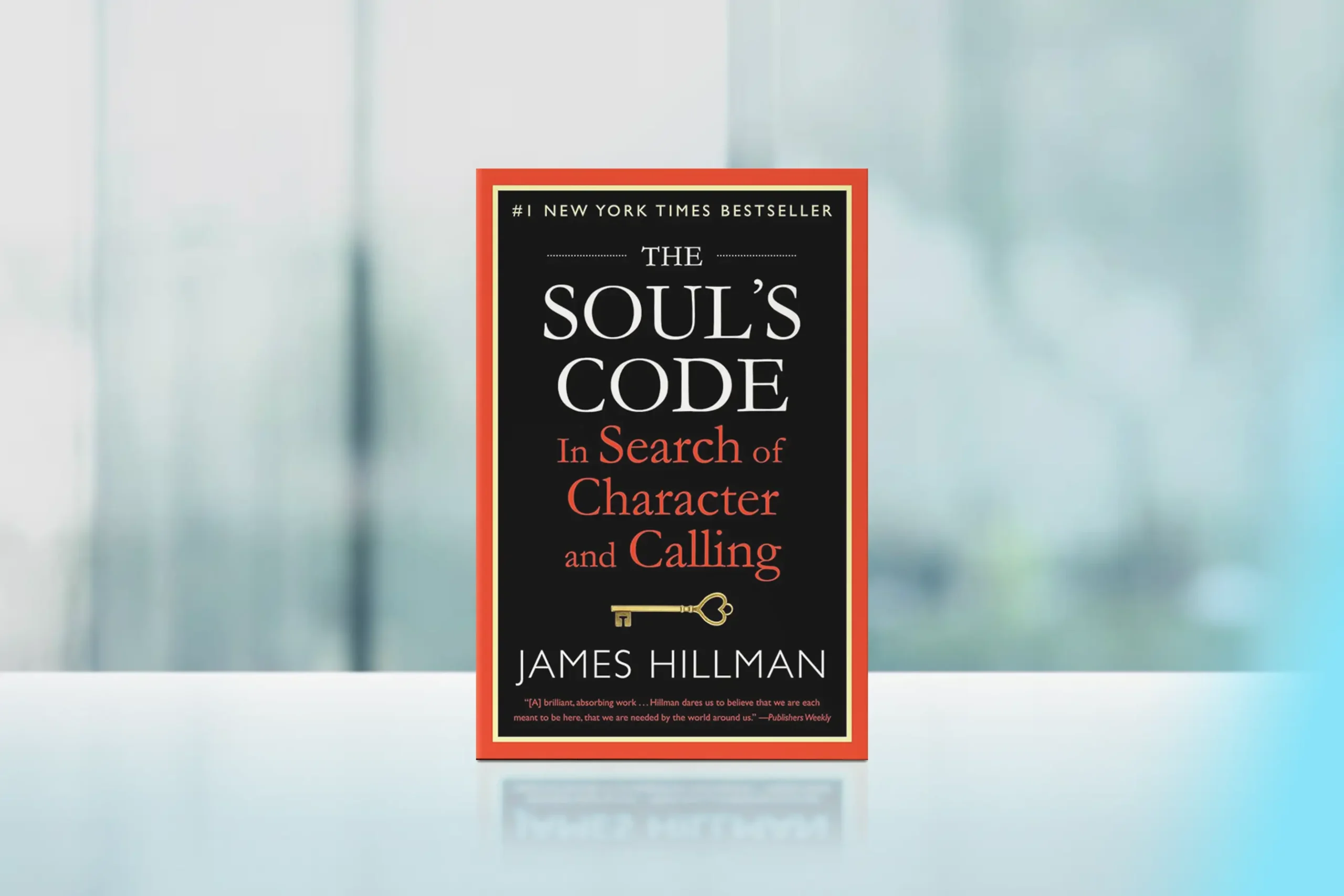Published in 1996, “The Soul’s Code: In Search of Character and Calling,” renowned psychologist James Hillman presents a thought-provoking exploration of human potential and purpose. The book challenges conventional views on personality development and offers a fresh perspective on understanding our life’s journey.
Hillman introduces the concept of the “acorn theory,” suggesting that each individual possesses a unique, innate calling from birth – much like an acorn contains the blueprint for an oak tree.
Core Concepts
The central premise of “The Soul’s Code” revolves around the idea that our lives are shaped by an inherent character or calling. Hillman argues that this innate potential guides our choices and experiences throughout life. Key concepts include:
- The Acorn Theory: Each person has a unique, predetermined essence or calling
- Daimon: The guiding spirit or inner voice that represents our true nature
- Calling: The process of uncovering and fulfilling our innate potential
- Character: The expression of our soul’s code in everyday life
These concepts aim to empower readers to recognize and embrace their authentic selves, leading to a more fulfilling and purposeful life.
Chapter-by-Chapter Review
Chapter 1: In a Nutshell: The Acorn Theoryy
Hillman presents his core idea: every person carries a unique “acorn,” a soul code that shapes destiny. This inner pattern, or daimon, pushes us toward who we are meant to be.
Chapter 2: Growing Down
Instead of “growing up,” Hillman suggests we grow down into the soil of real life—struggles, limits, and responsibilities. Only through grounding do we embody the potential within us.
Chapter 3: The Parental Fallacy
Parents aren’t the ultimate architects of a child’s fate. Hillman warns against overcrediting or blaming them, showing that a child’s calling often defies parental influence.
Chapter 4: Back to the Invisibles
Unseen forces—myth, imagination, spirit—are vital to understanding destiny. Hillman urges us to honor the invisible world as part of our life’s guidance system.
Chapter 5: “Esse Is Percipi”: To Be Is to Be Perceived
Identity is never formed in isolation. Recognition by others helps activate and confirm the daimon’s path, reminding us that being seen is part of becoming.
Chapter 6: Neither Nature nor Nurture—Something Else
Hillman dismisses the old debate. Genetics and environment alone don’t explain us; destiny springs from the acorn, a third factor that transcends both.
Chapter 7: Penny Dreadfuls and Pure Fantasy
Even pulp stories and wild fantasies matter. What captures our imagination often mirrors hidden truths about our soul pattern and destiny.
Chapter 8: Disguise
The daimon rarely announces itself clearly. It often hides in quirks, struggles, or symptoms that, if misunderstood, can look like weakness rather than coded potential.
Chapter 9: Fate
Hillman frames fate as the soul’s guiding script. What feels like accident or hardship may actually be part of the daimon’s design.
Chapter 10: The Bad Seed
What about destructive lives? Hillman examines “bad seeds,” showing that even darkness expresses a destiny, challenging us to see complexity where we usually pass judgment.
Chapter 11: Mediocrity
Not all callings lead to greatness. Hillman reminds us that ordinary lives still carry depth and purpose when lived in alignment with one’s unique pattern.
Key Strengths
- Offers a fresh, empowering perspective on personal development and life purpose
- Encourages readers to embrace their unique qualities and innate potential
- Provides thought-provoking insights that challenge conventional psychological theories
- Incorporates diverse examples from history, mythology, and contemporary life
Potential Drawbacks
- The writing style can be dense and abstract at times, potentially challenging for some readers
- The concept of predetermined essence may conflict with some readers’ beliefs about free will and personal agency
Who This Book Is For
“The Soul’s Code” is ideal for readers seeking a deeper understanding of their life’s purpose and personal potential. This book is particularly well-suited for:
- Individuals exploring questions of identity and life purpose
- Psychology students and professionals interested in alternative theories of personality development
- Self-help enthusiasts looking for a fresh perspective on personal growth
- Anyone feeling unfulfilled or searching for greater meaning in their lives
Final Review
“The Soul’s Code” offers a compelling and thought-provoking exploration of human potential and purpose. Hillman’s acorn theory provides a refreshing alternative to traditional views on personality development, empowering readers to recognize and embrace their innate calling. While the concepts presented may challenge some readers’ existing beliefs, the potential for personal insight and growth is significant.
Implementing Hillman’s ideas requires open-mindedness and a willingness to engage in deep self-reflection. However, for those ready to embark on this journey, the rewards can be transformative, leading to a greater sense of authenticity and purpose in life.
Rating: 4.4/5
A thought-provoking guide to uncovering your innate potential and living a more authentic life.

Alternative Books
These related books that delve into purpose and self-discovery:

“Man’s Search for Meaning” by Viktor E. Frankl
Powerful exploration to find purpose and meaning in life in challenging circumstances.
Rating: 4.7/5

“The Element: How Finding Your Passion Changes Everything” by Ken Robinson
How to discover your talents and passions to live a more fulfilling life.
Rating: 4.5/5

“Let Your Life Speak” by Parker J. Palmer
A reflective journey finding your true calling through listening to your inner voice.
Rating: 4.5/5





